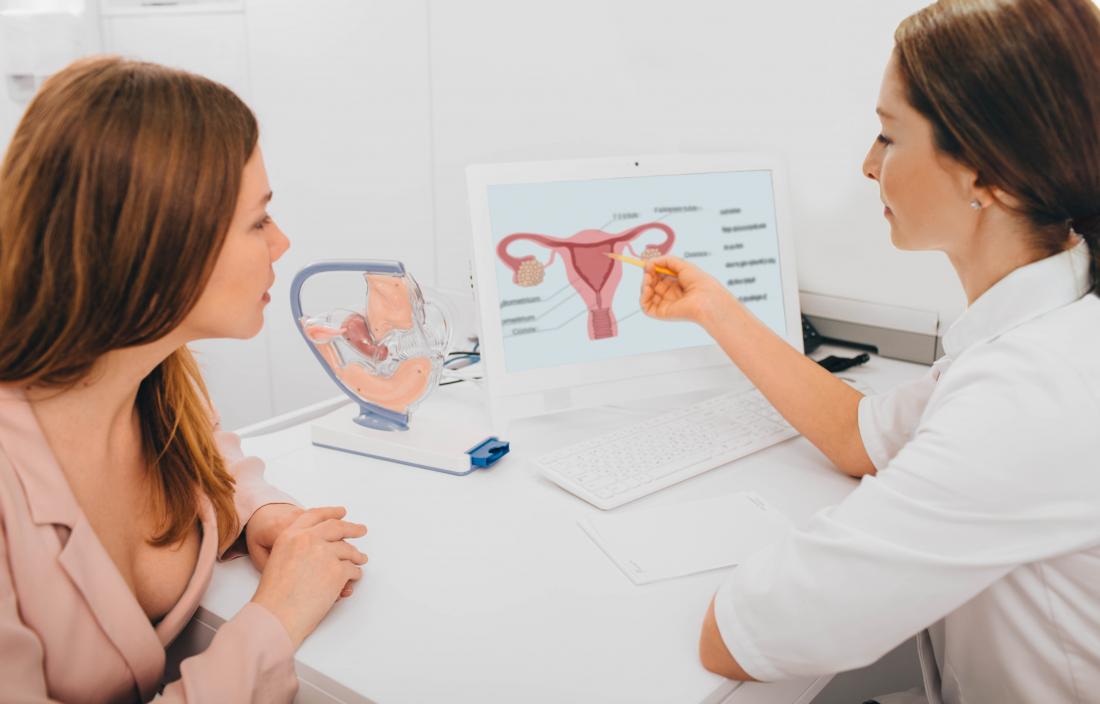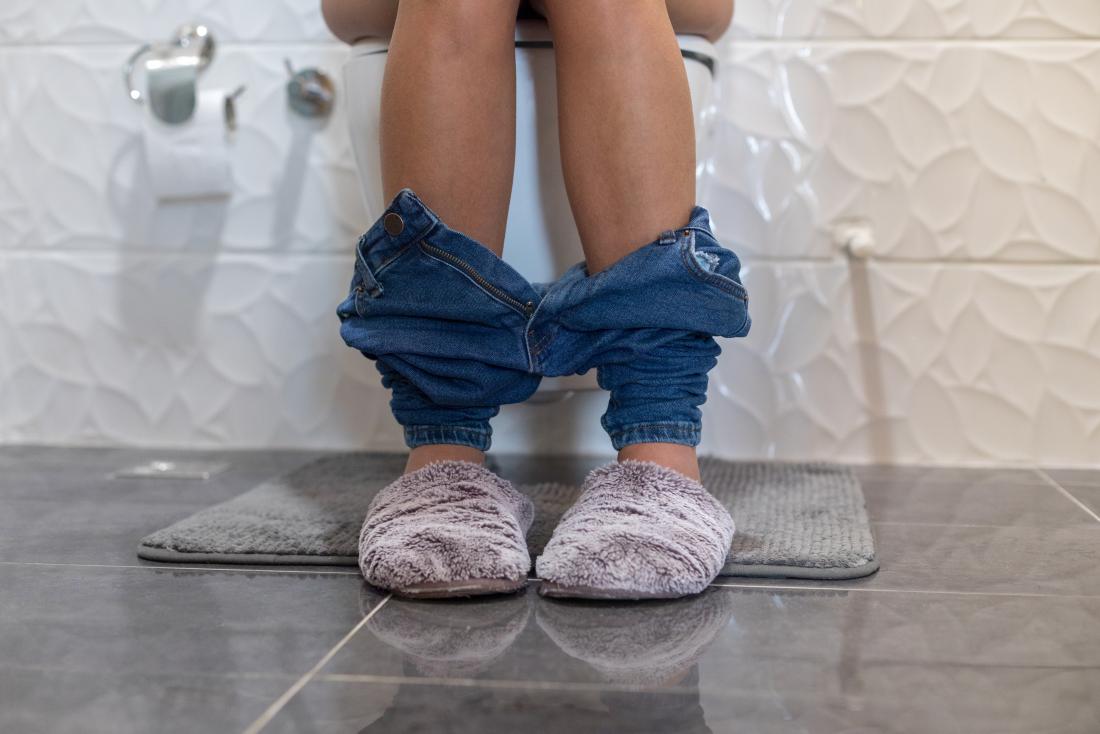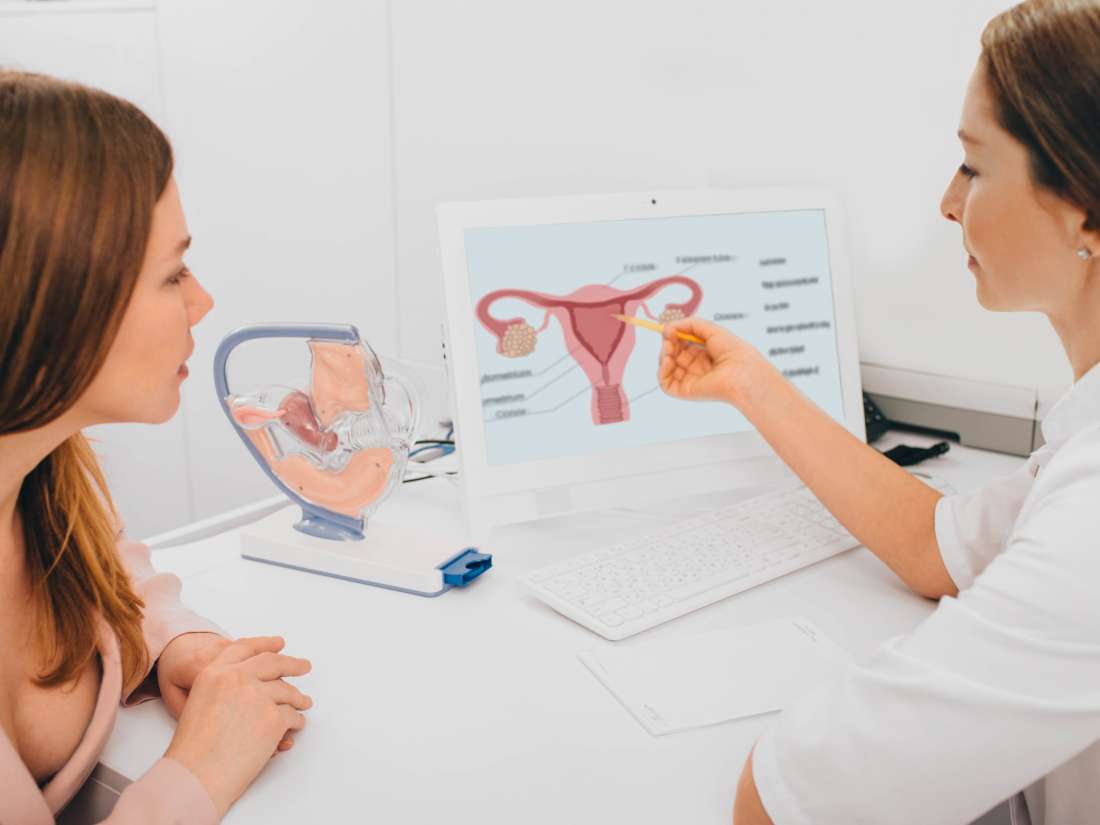The pelvic floor muscles surround the vagina. These may weaken over time, which can cause a feeling of looseness in the vagina.
Weak pelvic floor muscles can also lead to problems such as incontinence, causing urine to leak from the body. Pelvic floor exercises can help strengthen the muscles of the vagina.
In this article, we sort myth from fact and find out how to strengthen the pelvic floor.
Sex

A vagina may get looser as the muscles surrounding it weaken over time.
During sexual arousal, the muscles of the vagina relax, and this enables penetrative sex.
These muscles relax slowly, which is why foreplay can be very important. After sex, the vagina returns to its usual shape and tension.
There are many myths about the effect of penetrative sex on the female body. There is no evidence that sex causes a loosening of the vagina over time.
The vagina is temporarily more open before, during, and after sex. This is similar to the mouth stretching to yawn or eat, then returning to its usual shape.
The hymen is a thin membrane around the vagina. Having penetrative sex for the first time can stretch the hymen slightly, which may make the vagina feel slightly more open.
No two bodies are the same, and sex with a new partner may feel very different. Bodies also change over time with age, weight loss or gain, and illness.
Trying a different sexual position can sometimes change how tight or loose the vagina feels. This may improve sexual satisfaction for both partners.
Childbirth
The body undergoes many changes during pregnancy and after delivery. These can include:
- swelling in the legs or feet
- weight loss or gain
- a change in breast size and shape
- growth in the length or width of the feet
- stretch marks on the skin
During a vaginal delivery, the muscles of the vagina stretch. This stretched shape reduces slowly. After childbirth, the vaginal muscles are unlikely to feel the same as before, and it may take time to adjust to this feeling.
Some women report changes in vaginal shape or elasticity after giving birth. In this case, a woman may feel less sensation or satisfaction during sex, but these feelings usually return in time.
Damage to skin, tissue, or muscle during childbirth can also cause changes to the vulva and vagina. This can make a difference in how loose or tight the vagina feels.
More research into female sexual health after childbirth is necessary. This will help medical professionals offer more support and advice.
Changes to the body are usually more noticeable for women who become pregnant after the age of 30. Younger women may find that their bodies return to prepregnancy states more quickly.
Aging
The body changes as it ages. Skin and muscle gradually become less firm and strong, which helps explain why the vagina can start to feel looser.
During menopause, levels of the hormone estrogen drop. This can cause the vaginal lining to become drier and less elastic.
The vagina can become narrower or shorter after menopause. Also, there may be discomfort, possibly caused by a reduction in natural lubrication, during sex.
Regularly having sex during menopause can help keep the tissue in the vagina thick. Using a lubricant can make sex more comfortable.
During perimenopause and menopause, it is not uncommon for the lining of the vaginal wall to change. Also, sex may feel different, and the vagina may become drier. Discuss this with a doctor to determine whether hormonal cream may help.
Treatment

Kegels may help strengthen the pelvic floor muscles.
The pelvic floor muscles surround the vagina. These keep the vagina, womb, bladder, and rectum in place. As these muscles loosen, the vagina can feel less tight.
There are exercises that can strengthen the pelvic floor muscles. These exercises can make a difference to how the vagina feels and improve overall health.
Strong pelvic floor muscles can help prevent incontinence and organ prolapse, which occurs when organs slip out of place.
Kegels are the most common type of pelvic floor exercise. They are discreet and straightforward to do using the following steps:
1. Find the right muscles: When urinating, try to stop the flow of urine. The muscles you use are the pelvic floor muscles. However, regularly doing Kegels while peeing can be bad for bladder health.
2. Choose a time: Pick a quiet moment to relax and concentrate on gently squeezing the pelvic floor muscles.
3. Hold: Once contracting these muscles feels natural, squeeze and hold the position. Gradually, try to hold the squeeze for 10 seconds.
4. Release: Release the muscles for 3 seconds.
5. Build: Build up to repeating this exercise 10 times in a row.
The rest of the body should feel relaxed. Do not contract other muscles, such as those in the stomach or buttocks. Breathe as usual while doing Kegels.
Aim to do 2–3 sets of 10 Kegels three times each day. As with all exercise, it can take time to build up strength, and it may take up to 6 months to notice a difference.
Some mobile apps can help track pelvic floor exercises. Also, there are some devices that a person can insert into the vagina to aid in these exercises. Only use devices designed for this purpose. Some of these devices also track muscle strength.
A doctor may suggest using electrical stimulation to contract the pelvic floor muscles. This involves inserting a sensor into the vagina. The sensor gives out a small electrical current that contracts the muscles to strengthen them.
Surgery is an option, but doctors usually only recommend it after pelvic organ prolapse. A surgical procedure can return the bladder, vagina, and rectum to their original positions in the body.
There is no scientific evidence that medication, including creams, can tighten the vagina.
Summary
After childbirth or during aging, the vagina may change. Despite certain myths, sex does not have a lasting effect on vaginal tightness.
Traditionally, less research has focused on female health issues. More concentrated surveys and studies would provide a better understanding of concerns and experiences after childbirth and during aging. This could also lead to improved therapies.
